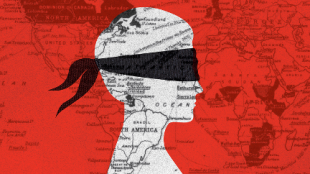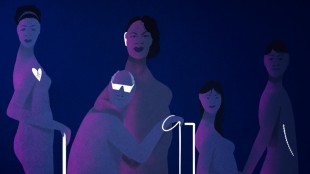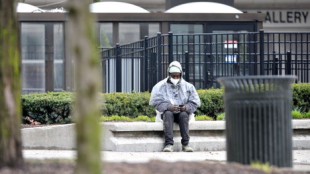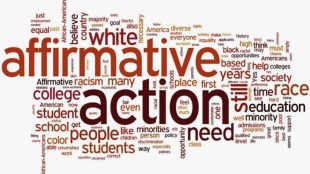Yes, Everything Has to Do with Race
(Source) Have you ever heard someone exclaim, “why must we make everything about race?” Well, that is because it is. There is, at the very least, a hint of racism across every institution in society. And because it is generally not loud, it has been almost unspeakable since the Civil Rights era. Alas, indirect racism since Jim Crow has undergirded Black income, wealth, education, environmental, employment, criminal justice, and healthcare disparities. The ability for Black people such as Barack Obama to ascend to the top of the social ladder has convinced some people that racism is dead. But to look solely at his achievements and ignore the current class stratification is ill-informed and shallow. Furthermore, it ignores that racism is at play, regardless of stature. To illustrate, during President Obama’s joint session of Congress, one Senator shouted, “you lie,” in the middle of his address. This type of unprecedented disrespect was happening in the backdrop of a Tea Party movement that drummed up the “birther” conspiracy, the most racist campaign against a president in US history. The reason why society ignored racism for so long is because nothing is racially discriminatory on its face. That is illegal. Under the [read more]




